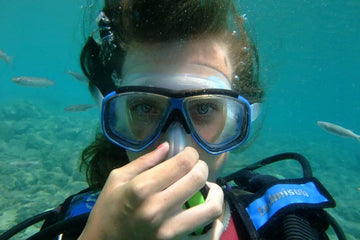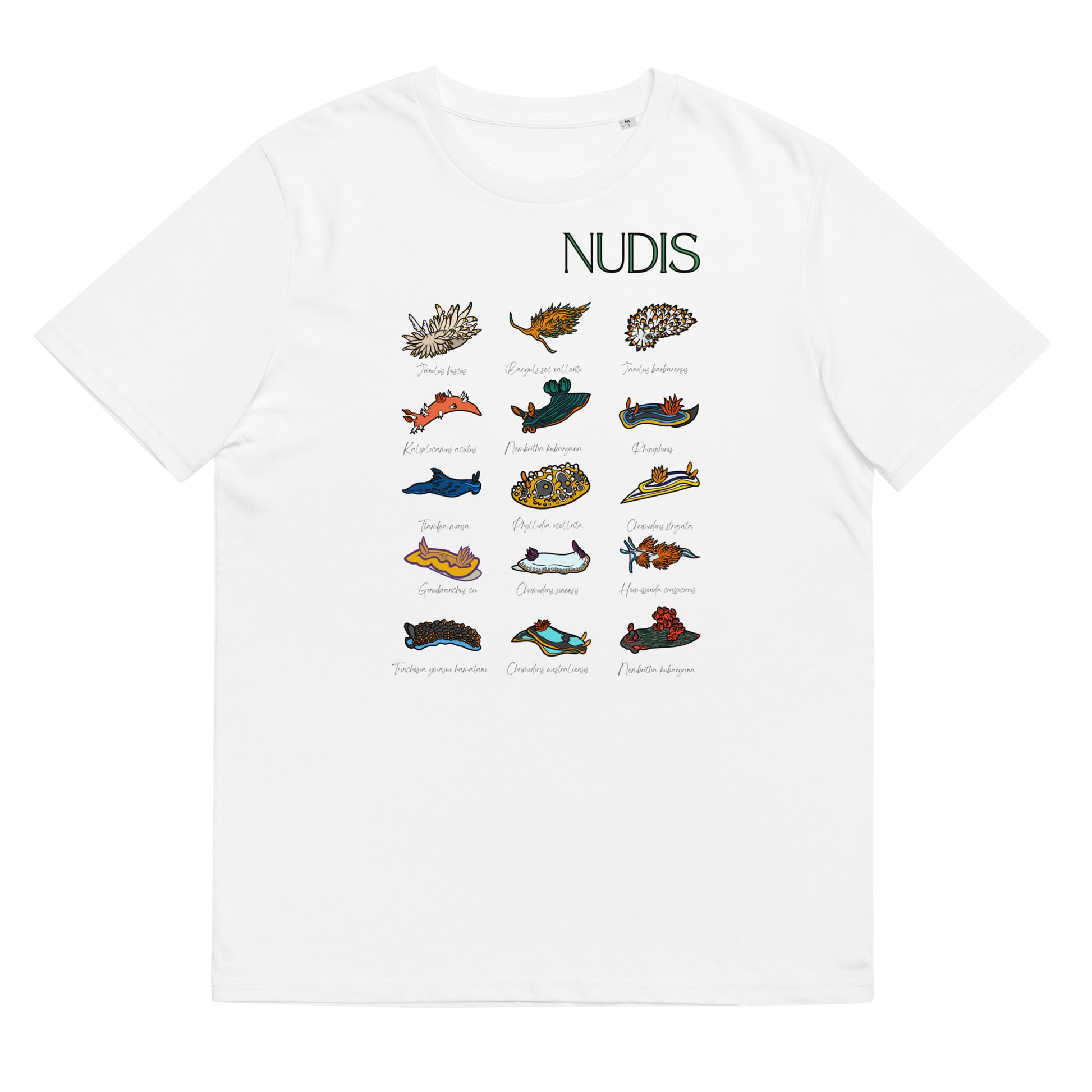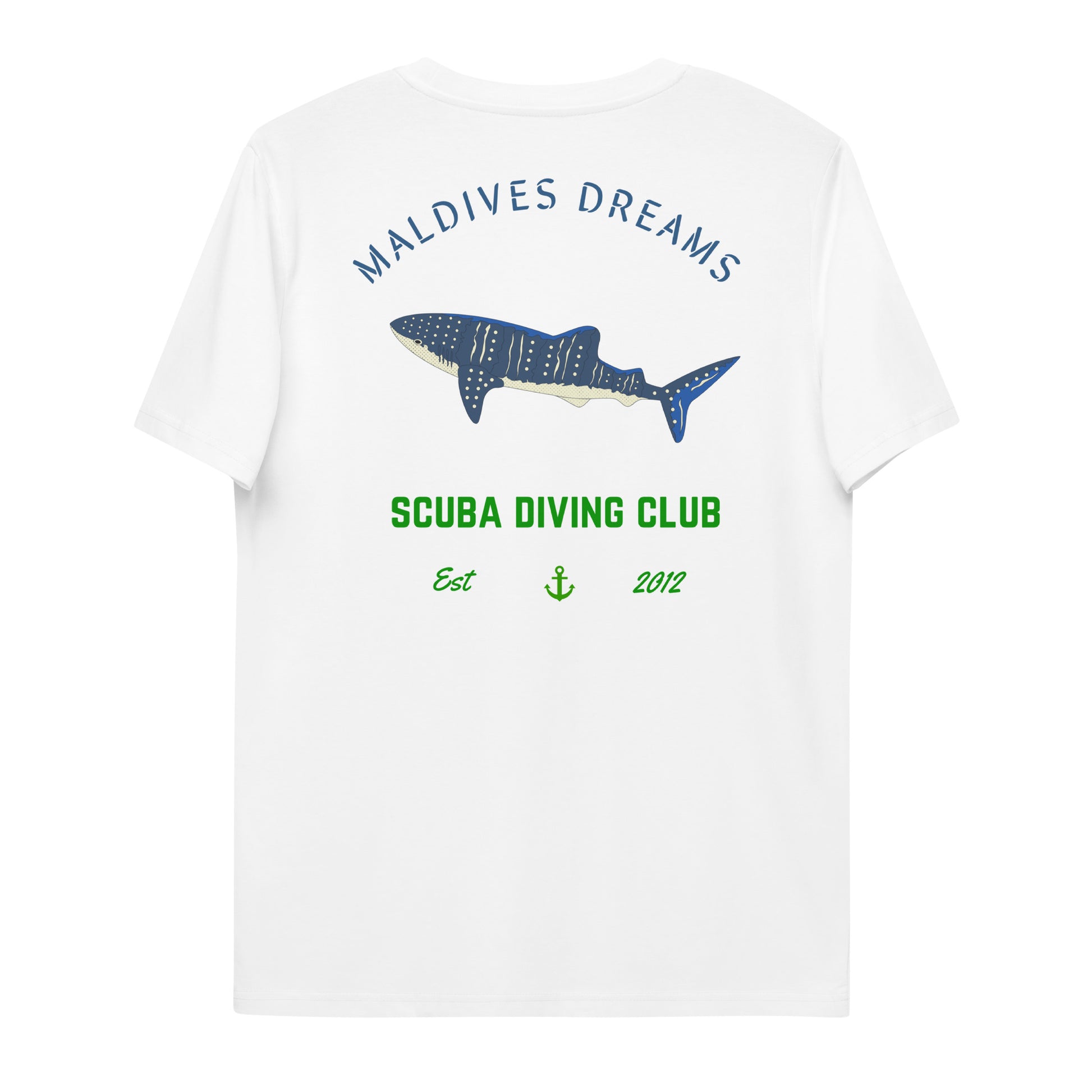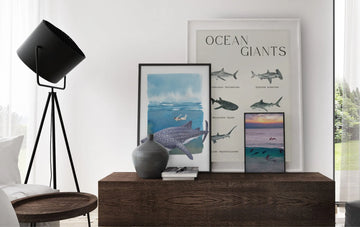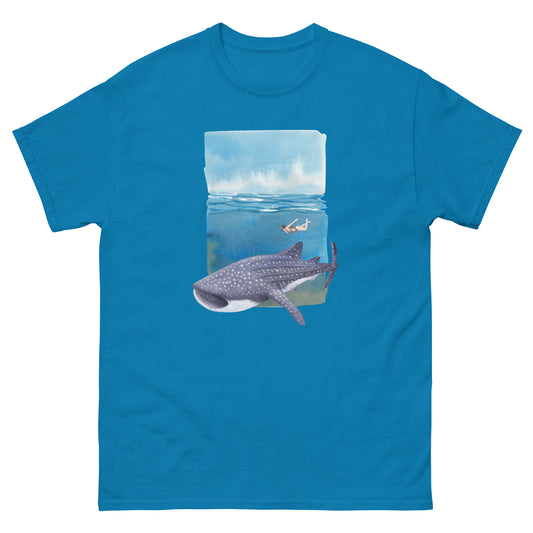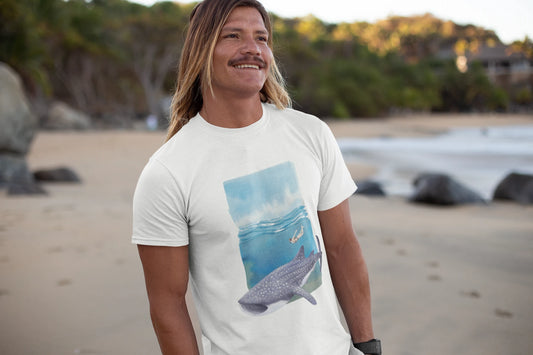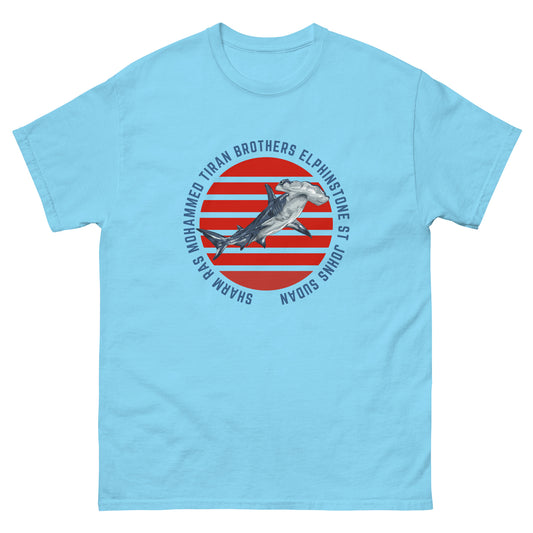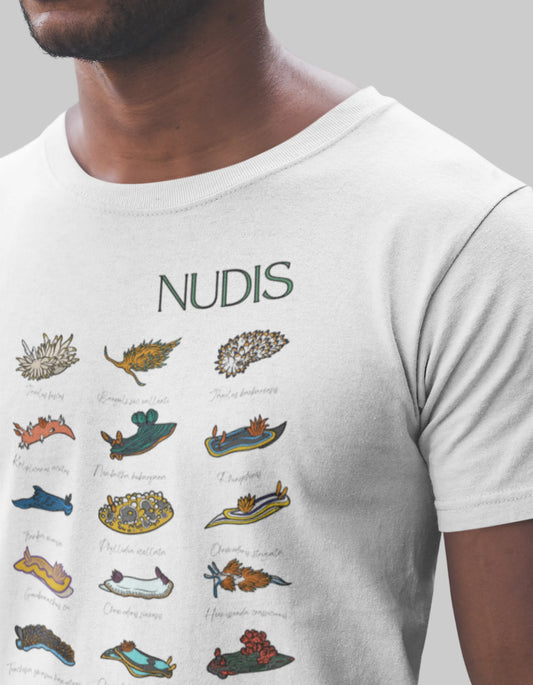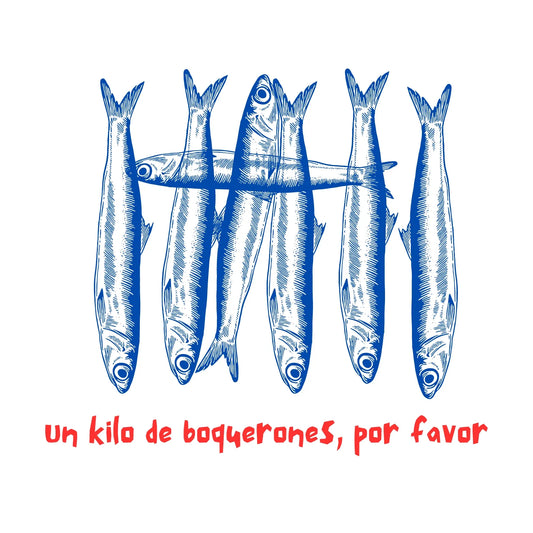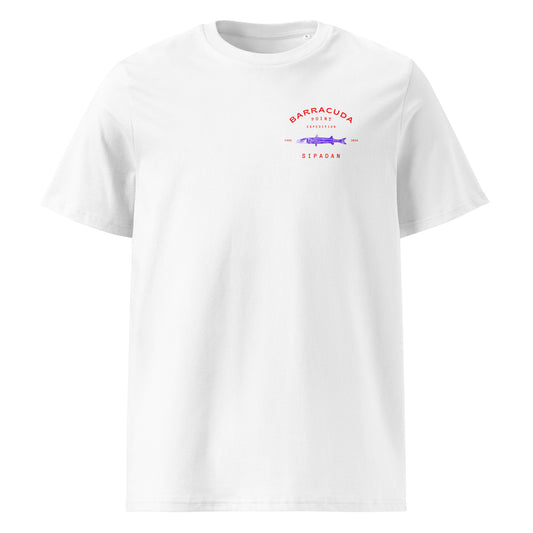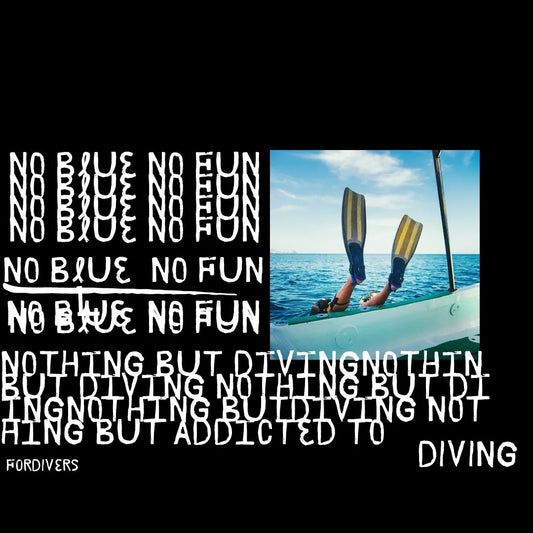As a bad equalizer that I am used to be, I had to search and ask doctors and divers I trust to solve a problem that literally gave me headaches. I asked, researched and tested all kind of the techniques I could to dive without suffering, trying to keep my eardrums healthy. Those who have issues to equalize know how hard it is to get into the water when you have this same problem, how uncomfortable it is to make your dive buddies wait for you to equalize and, above all, it is stressful painful. Very painful.
So, after collecting techniques learned from other divers that had our same problems, I bring you "The definitive guide of the bad equalizer", 11 proven procedures that will avoid you pain, and undoubtedly improve your dives and health as diver.
Avoid tobacco, alcohol and milk
T-shirts designed by divers for divers
VIEW MORE T-SHIRTS FOR DIVERS
Both tobacco smoke and alcohol irritate your membranes, increasing the production of mucous that can block the eustachian tubes (as a former smoker I assure you that only 10 days after quitting I began to equalize much faster). You already know that diving with alcohol in your blood is stupid and irresponsible and I am convinced that you do not do it, so try to avoid it as much as possible the day before diving. Also try not to smoke as long as possible before the dive. Milk also produces an increase in mucus, so if you can avoid it a couple of hours before diving, it will help.
Equalize hours before getting underwater...
Although it may seem incredible, equalize smoothly every 30 minutes the day before and during the morning of the dive will help you equalize faster and painless.
...and just when you're going to immerse yourself
While you are preparing the dive equipment in the boat or surface and when you are in the water before immerse yourself, equalize gently. You will notice the benefits as soon as you begin to descend.
Chew gum
Chewing gum before the dive is going to help you to equalize. When chewing you are constantly swallowing saliva, opening the ducts and thus easing equalization.
Sinus cleaning
This procedure is simple, fast and not as a annoying as it may seem when you get use to it. It is recommended when you have a bit of congestion due to allergies or colds. You only need to take with you a few doses of physiological saline, a syringe and follow the steps you will see in this video.
POP!
Once in the water, we tend to be eager to equalize quickly trying not make our buddies wait. In the end, with the rush, the only thing we get is not to let the internal pressure match the external pressure, hurting ourselves, getting even more nervous and suffering that pain. This advice is one of the most important: do not be in a hurry, wait to listen to that sound that for those who equalize badly is celestial music. Until you hear that "pop", that pop that you and I know and sound that great, do not go down.
Look at the surface
As a version of the Valsalva maneuver, you can also try to look up when you are in the water performing the maneuver. Raising the chin will make the auditory canals open and you will need less effort to equalize.
Descend "standing"
Different studies developed by DAN have shown that performing the Valsalva maneuver requires 50 percent more effort when the head is lower than the feet.
Use the guideline

Pic by Marion Doss
Following the previous advice, when you descend remember to do it in a vertical position and grabbing the guideline while you equalize. It will allow you to descend slowly, in a controlled manner, and if at a time you feel strong pressure, it will be easier to stop and equalize again.
Anticipate the pain
Many times we hurt ourselves because we do not remember to equalize until we feel discomfort or even pain. Get ahead that moment, equalize gently while you descend before feeling any pain.
Stop when it hurts
It seems obvious, but many of us have continued to go down with pain equalizing, trying to solve problem as quickly as possible. If it hurts, it is because the eustachian tube has probably been blocked and if you follow descending the only thing you will get is severe damage to the eardrum. When it hurts just relax, go up a bit, equalize without forcing, the time you need, and when you hear the pop! keep going down slowly. Remember that it is much better for your health and future as a diver to suspend a dive than to do it with pain and serious risk to your ears.

